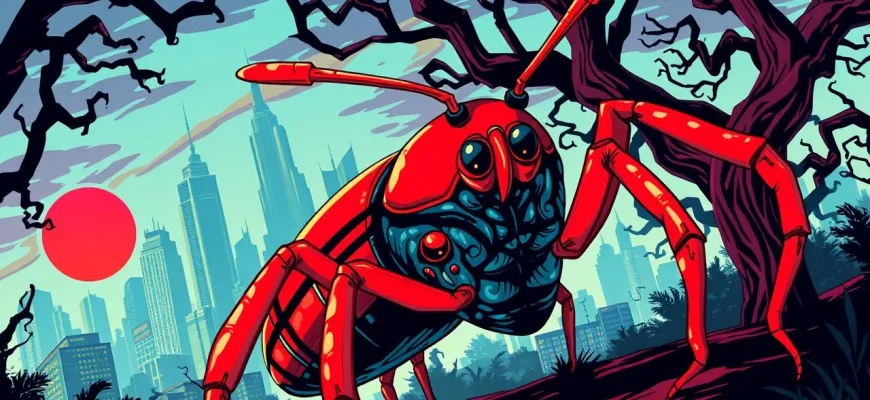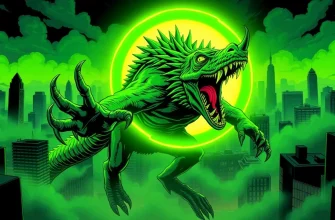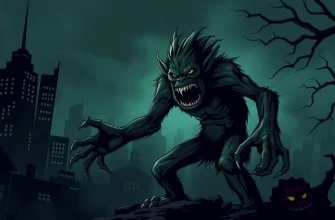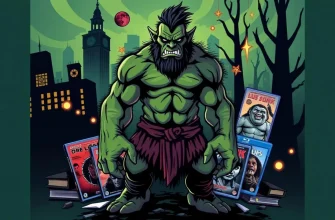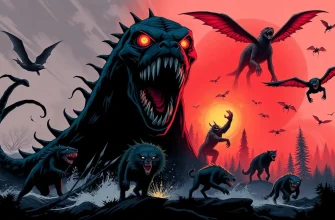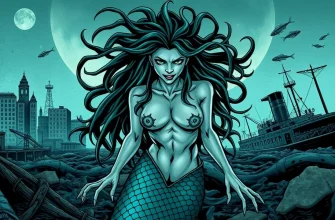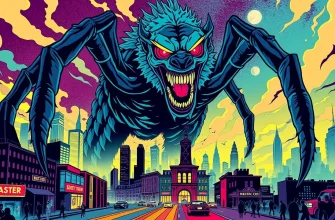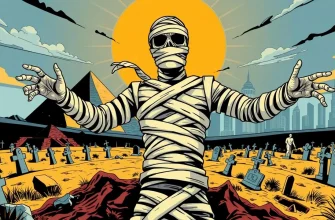Delve into the spine-chilling realm of giant insects with this curated list of films. These movies not only offer thrilling narratives but also explore the fascinating and often terrifying concept of insects magnified to monstrous proportions. Whether it's the suspense of survival or the awe of nature's potential for horror, these films provide a unique blend of science fiction and horror that captivates audiences with their imaginative storytelling and special effects.
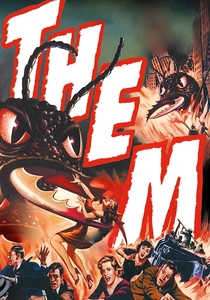
Them! (1954)
Description: This classic film is often credited with kickstarting the giant insect subgenre. It features giant ants mutated by atomic radiation, creating a suspenseful narrative about the potential dangers of nuclear testing.
Fact: The film was one of the first to use the concept of nuclear fallout as a plot device, and it was nominated for an Academy Award for Best Special Effects.
 Watch Now
Watch Now
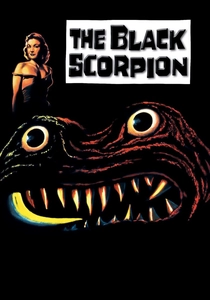
The Black Scorpion (1957)
Description: After a volcanic eruption, giant scorpions emerge from the earth to terrorize Mexico. This film stands out for its impressive stop-motion animation and its depiction of the creatures' battles.
Fact: The film was directed by Edward Ludwig, who also directed the classic "The Sea Wolf," showcasing his versatility in different genres.
 Watch Now
Watch Now
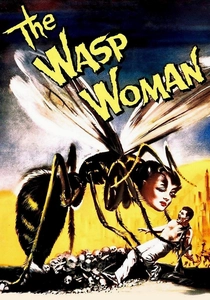
The Wasp Woman (1959)
Description: A cosmetics queen uses a wasp enzyme to rejuvenate her appearance, but it turns her into a wasp-like creature. This film explores themes of vanity and the perils of scientific experimentation.
Fact: The film was directed by Roger Corman, known for his low-budget horror and science fiction films.
 Watch Now
Watch Now
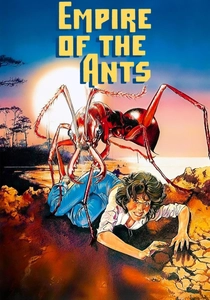
Empire of the Ants (1977)
Description: Based on an H.G. Wells story, this film features ants mutated by radioactive waste, growing to human size and developing intelligence. It's a unique take on the giant insect theme, blending horror with social commentary.
Fact: The film was part of a series of adaptations of Wells' works by American International Pictures.
 Watch Now
Watch Now
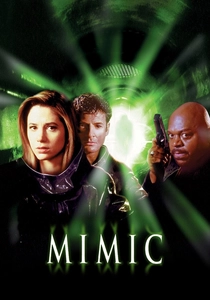
Mimic (1997)
Description: Scientists genetically engineer a species of insect to combat a disease-carrying cockroach, but the insects evolve to mimic humans. This film delves into the ethical dilemmas of genetic engineering.
Fact: Directed by Guillermo del Toro, this was one of his early Hollywood films, showcasing his flair for blending horror with deep narrative themes.
 Watch Now
Watch Now
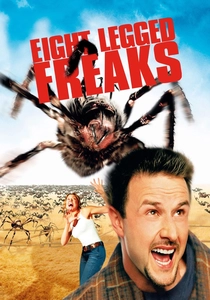
Eight Legged Freaks (2002)
Description: A modern take on the giant insect theme, where spiders grow to enormous sizes due to toxic waste, attacking a small town. This film combines humor with horror, making it a fun watch for fans of the genre.
Fact: The film was originally titled "Arach Attack" in the UK.
 Watch Now
Watch Now
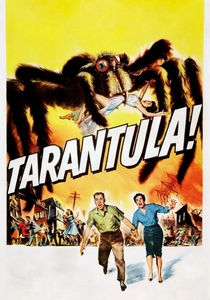
Tarantula (1955)
Description: A scientist's experiment to create a super-nutrient leads to the growth of a giant tarantula that escapes and terrorizes a small town. This film blends horror with science fiction, showcasing the era's fear of science gone wrong.
Fact: The film was one of the first to use a real tarantula for close-up shots, although the giant version was created using a combination of live spiders and special effects.
 30 Days Free
30 Days Free
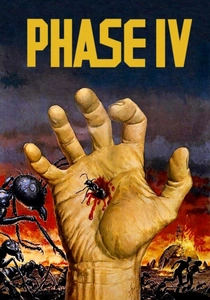
Phase IV (1974)
Description: Ants evolve to a higher level of intelligence and begin to build geometric structures, leading to a battle of wits with humans. This film is notable for its cerebral approach to the genre.
Fact: The film was directed by Saul Bass, better known for his work as a graphic designer and title sequence creator.
 30 Days Free
30 Days Free

The Deadly Mantis (1957)
Description: A giant praying mantis, released from an Arctic glacier, wreaks havoc in this B-movie classic. The film combines elements of science fiction and monster horror, making it a staple in the giant insect genre.
Fact: The film was one of the first to use stop-motion animation to bring its creature to life, a technique that was quite advanced for its time.
 30 Days Free
30 Days Free

Beginning of the End (1957)
Description: Grasshoppers mutated by radiation from atomic experiments grow to enormous sizes and threaten Chicago. This film captures the 1950s' anxieties about nuclear power and its potential consequences.
Fact: The film features actual locusts, which were filmed in close-up to give the illusion of giant insects.
 30 Days Free
30 Days Free

